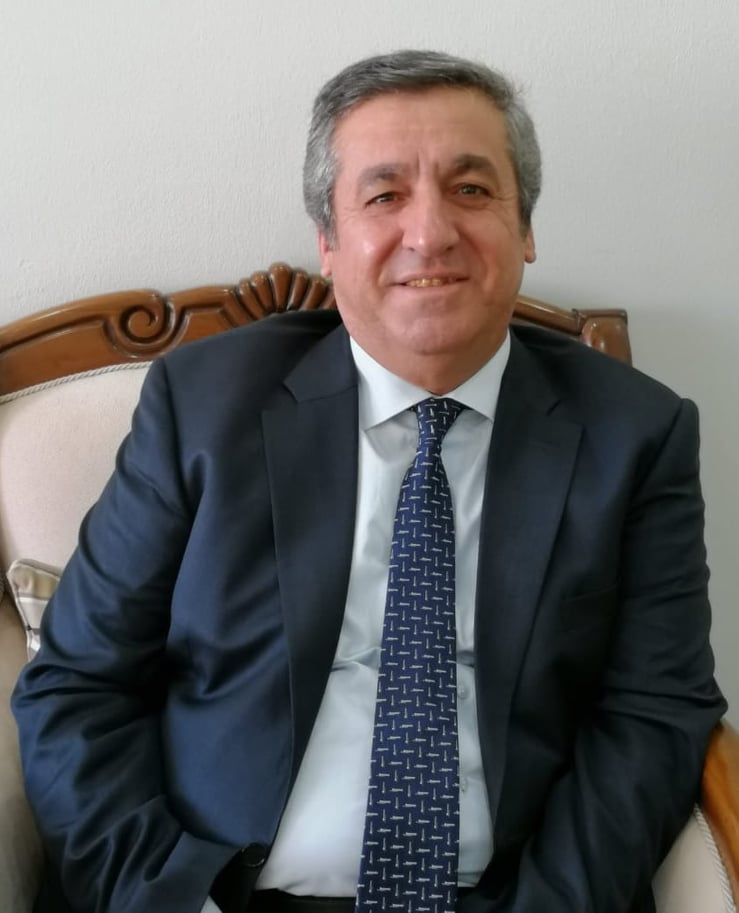
The Road to Damascus and the New Process
The Road to Damascus is a path of awakening and transformation -one that carries the understanding of creation and nurtures its development.
The "Road to Damascus" is not merely a historical location; it is also a powerful symbol of a spiritual journey. The vision experienced by Saint Paul on this road demonstrates the potential for inner transformation and the doors that a life based on virtues can open.
This event highlights the indispensable role of change and transformation in human life. Saint Paul replaced his rigid and exclusionary approach of that time with a new understanding based on love and mercy. This represents not only an individual awakening but also a societal one. For the essence of human virtues and moral values lies in a person's ability to transcend themselves and establish peaceful relationships with others.
From this perspective, the Road to Damascus can be seen as a metaphor for the journey of self-discovery and rediscovery of others, not only for Christianity but for all of humanity. As a guide for both individuals and societies, this path continues to embrace us all with its transformative power.
Syria's recent political restructuring process necessitates a reassessment of its social, cultural, and historical layers. In this transformation, the symbols of the past emerge as guiding beacons. In this context, the "Road to Damascus" is not merely a historical route; it also gains meaning as a symbol of political and moral reconstruction.
Saint Paul's transformation on the Road to Damascus goes beyond a moment of personal awareness -it serves as a metaphor for a society confronting its own identity and uniting around new values. Today, Syria's process of reconstruction, much like Paul's story, requires a profound inner journey and deep transformation. Emerging from the fractures caused by war and conflict, a society’s effort to build a new order based on justice, fairness, and coexistence echoes the spirit of the Road to Damascus.
The success of the political restructuring process depends on abandoning exclusionary and divisive approaches and embracing an inclusive and unifying vision. Just as Paul, upon encountering a vision on the Road to Damascus, transformed his cruel stance into one of love and compassion, today's Syria needs a similar set of values: respect for human dignity and rights, the preservation of cultural diversity, and the commitment to learning from past sufferings to build a peaceful future.
In this transformation process, the significance of the Road to Damascus should not be seen merely as a historical memory but as a roadmap that draws inspiration from the past to shape the future. Syria can utilize this ancient symbol not only as a spiritual guide but also as a blueprint for political reconstruction. This path serves as a route where human values and social solidarity are revitalized, illuminating the transformation of both individuals and society.
Yusuf Beğtaş
You can also send us an email to karyohliso@gmail.com
Leave a Comment